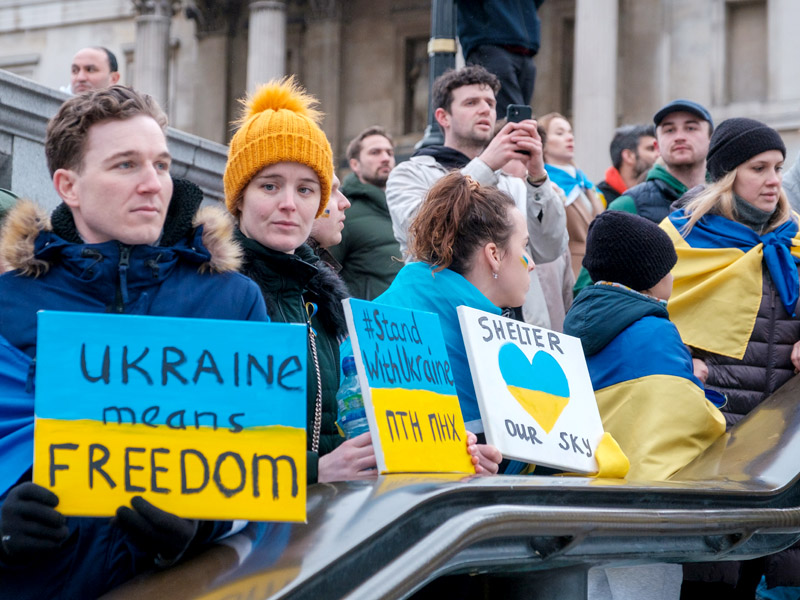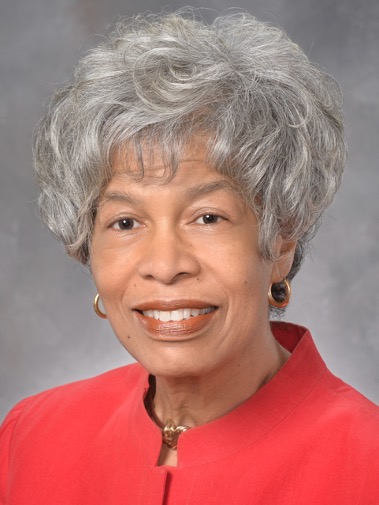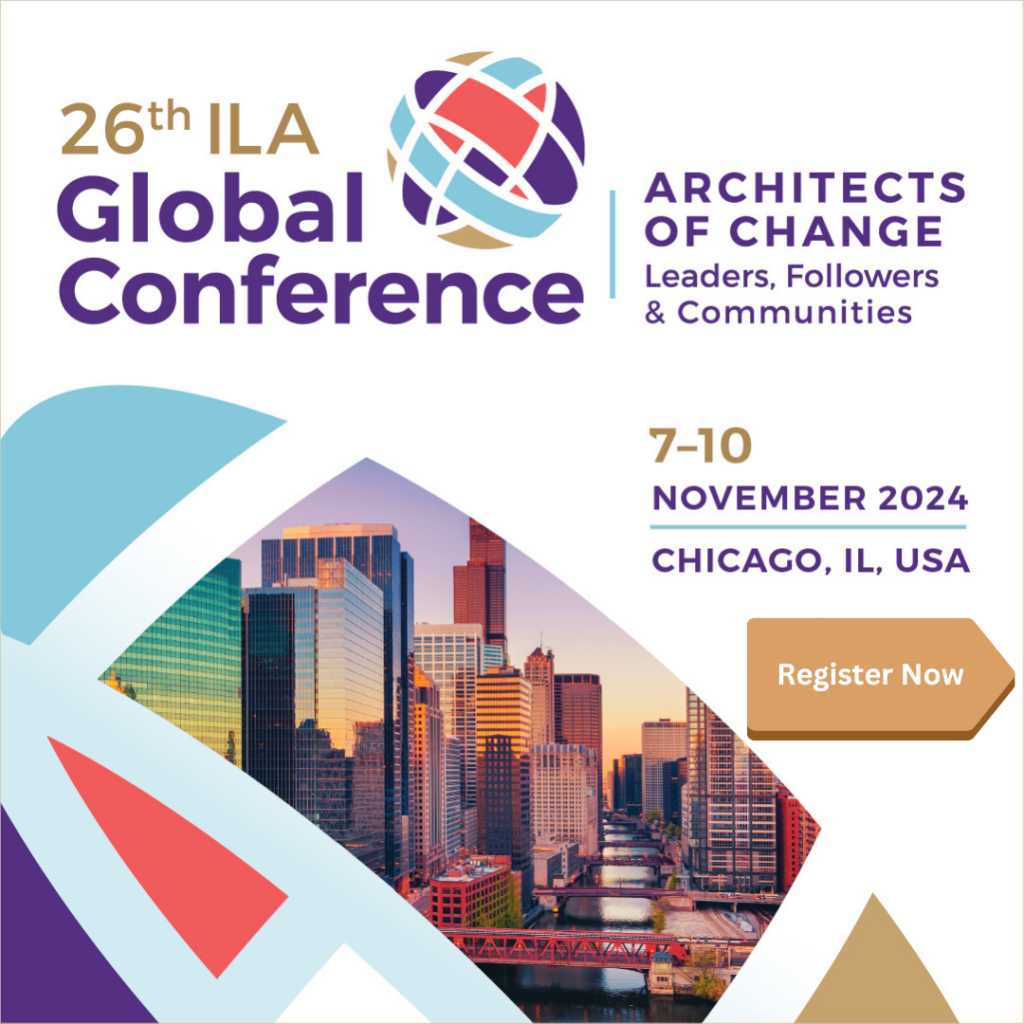
by Katherine Tyler Scott
- 14 March 2022
Share:
It has been very difficult to focus on much of anything else as the world witnesses an ongoing, violent attack on the people of Ukraine, and we are shell shocked by a blatant violation of their sovereignty. These horrific and violent assaults originate in a delusional obsession with power, control, self-aggrandizement, and a complete disregard for the rule of law and denial of the will of the people. It is devastating and dispiriting to the desire for global unity and peace.
The daily ache in my heart comes from a deep and abiding value and belief in opposing injustice and oppression in any form, against anyone, anywhere. I find silence in such instances unacceptable.
Many people around the world filled the streets and exercised their voices in protest of the public murder of George Floyd. It was impossible to turn away and not see what was in plain sight, to deny how the long history of dehumanization had contributed to the knee of oppression. We are called now to do the same on behalf of humanity. In America, the value of freedom is etched on a plaque on the pedestal of the Statue of Liberty, cited in the Declaration of Independence, codified in the United States Constitution, and sustained by civic engagement. Our diversity does not discount the universal desire for freedom. This basic right to which every human being is entitled is always at risk of attack. Events, unforeseen or planned, can create major disruption and insecurity alongside crippling levels of anxiety and fear — states of emotionality in which people are willing to trade their freedom for the quick fix.
Freedom is not rampant individualism and self-absorption; it is a combination and balance of self-interests and concerns for the wellbeing of others.
Freedom is not rampant individualism and self-absorption; it is a combination and balance of self-interests and concerns for the wellbeing of others. Freedom must be subject to certain constraints, hopefully to those that contribute to the common good and that respect the dignity and worth of all people. Constraints that ignore this and the larger good are thieves of life and liberty. When the purpose of imposing limits on freedom is the preservation of the power of a few to maintain the powerlessness of the many, corruption is the cost societies bear. Such power builds in a fog of fear and anxiety and becomes the enemy of civility, the enemy of love of neighbor, the enemy of the good.
The re-emergence of autocratic leadership around the world is the result of many issues, not the least of which is an epidemic of anxiety. Some of this can be explained by the assault of a once in a century virus; but much of this is a pre-existing condition. Regressive reactions to threats, perceived or real (e.g., population shifts, environmental degradation, economic disparity and loss) were a reality before Covid and its frightening mutations. We feel what family systems pioneer, Murray Bowen’s research at the National Institutes of Health found: Chronic anxiety in any system whether family, corporation, healthcare, government, or a society makes the system vulnerable to losing its capacity to cope with change. When there is an escalation of anxiety combined with a sense of being overwhelmed by the quantity and speed of change, and we no longer have individuals or institutions available that would traditionally absorb or bind the anxiety, society’s capacity to cope is greatly diminished.
The Ukrainian President and the country’s citizens have been subject to these same dynamics and forces of change yet have become an inspiring counter to a loss of the ability to cope. Why?
In large part, it is because of collective aspirations, shared core beliefs, a strong identity as a people, and an understanding of the desire to become a country where people can be free. These are powerful determinants of response, but all become more powerful when they are given voice. President Volodymyr Zelensky is that voice for his country and for millions around the world. In using it, he has galvanized people across the globe to remember what matters and what is required when civilization is under threat. A major mitigating factor to society’s chronic anxiety is the self-differentiated leader, and we are seeing it in Zelensky. He reminds us of the power of voice — one and many. We are seeing why words matter. His voice, his words, have encapsulated the universal yearning of humanity: to live, to live free, and in doing so, to have the opportunity to live a life of meaning — a life that matters and makes a difference.
As a daily witness to Zelensky’s courageous leadership, to his love of Country, and his fierce commitment to fight the forces of autocracy, I feel the heaviness in my heart slowly dissipating and becoming a steely determination to remain informed and vigilant, to speak out boldly on behalf of democracy, and to use my voice in multiple forms to protect and preserve the freedoms so many have fought and died for, and are still fighting and dying for, as you read these words. This includes recognizing the threat of autocratic and anti-democratic movements where ever you reside. Our voices matter in this global fight for freedom — they will make a difference.

Before beginning her tenure at KI ThoughtBridge, Katherine Tyler Scott founded and served as President of Trustee Leadership Development, Inc., a resource center for governance leaders and not-for-profit organizations. Katherine is a past chair of the ILA board and convener of the ILA Applied Leadership Global Learning Community. She previously directed the Lilly Endowment Leadership Education Program, a statewide leadership education initiative for professionals in youth service, and she also developed leadership programs and resources for the Community Leadership Association.

